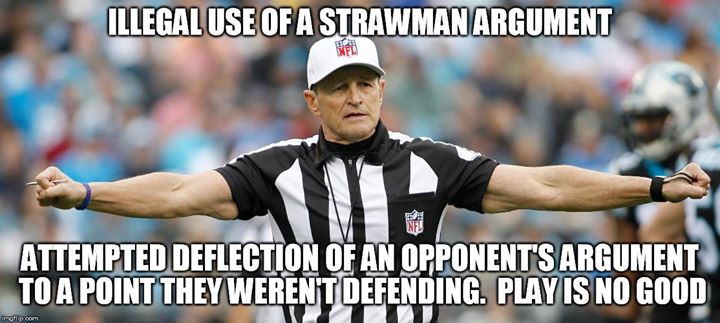A judge ruled that out of state students at UNT cannot be charged more than what UNT is charging for undocumented immigrants. That's likely to change the rules for all Texas state schools if it holds on appeal.
The University of North Texas can no longer charge out-of-state students higher tuition than undocumented students who qualify as in-state residents, according to a federal judge’s ruling last week. The ruling could affect public universities across the state and place the “Noriega Bill,” a 2001 Texas law that allows undocumented Texas residents to pay in-state rates, as a barrier to charging out-of-state tuition.
The lawsuit pointed to the Illegal Immigration Reform and Immigrant Responsibility Act of 1996, a federal law that says migrants living in the country unlawfully can’t qualify for “any postsecondary education benefit” unless the same benefit is made available to all U.S. citizens regardless of their residence.
Although UNT was the only university sued, public universities across Texas follow the same state laws, and the Texas Higher Education Coordinating Board is responsible for calculating the annual nonresident tuition rate. On Sunday, UNT’s lawyers appealed Jordan’s decision. If the ruling is upheld, universities across the state could be barred from charging out-of-state fees in upcoming academic semesters, potentially losing millions in revenue. This could lead the state legislature to end in-state tuition for undocumented students, a benefit that Republican lawmakers have tried to end as recently as last year.
The University of North Texas can no longer charge out-of-state students higher tuition than undocumented students who qualify as in-state residents, according to a federal judge’s ruling last week. The ruling could affect public universities across the state and place the “Noriega Bill,” a 2001 Texas law that allows undocumented Texas residents to pay in-state rates, as a barrier to charging out-of-state tuition.
The lawsuit pointed to the Illegal Immigration Reform and Immigrant Responsibility Act of 1996, a federal law that says migrants living in the country unlawfully can’t qualify for “any postsecondary education benefit” unless the same benefit is made available to all U.S. citizens regardless of their residence.
Although UNT was the only university sued, public universities across Texas follow the same state laws, and the Texas Higher Education Coordinating Board is responsible for calculating the annual nonresident tuition rate. On Sunday, UNT’s lawyers appealed Jordan’s decision. If the ruling is upheld, universities across the state could be barred from charging out-of-state fees in upcoming academic semesters, potentially losing millions in revenue. This could lead the state legislature to end in-state tuition for undocumented students, a benefit that Republican lawmakers have tried to end as recently as last year.
